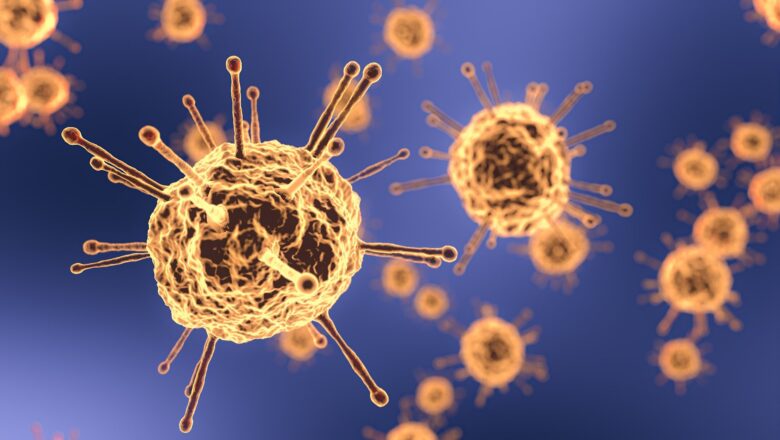
Obesity Epidemic: Causes and Prevalence
Obesity has become an increasing health problem worldwide. Obesity not only threatens individual health, but also puts a great burden on public health. In this article, we will examine the causes of obesity epidemic and its prevalence worldwide.
Definition and Measurement of Obesity
Obesity is the condition of having an accumulation of body fat above normal. It is usually defined using a measurement tool called Body Mass Index (BMI). BMI is a value obtained when you divide a person's weight by the square of their height. The World Health Organization (WHO) defines obesity as a BMI over 30.
Causes of Obesity
There are multiple causes of obesity. These causes include personal, environmental and genetic factors. Here are some common causes of obesity:
Dietary Habits: Excessiv...








